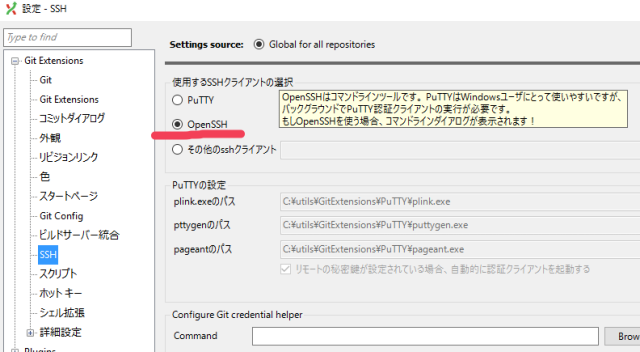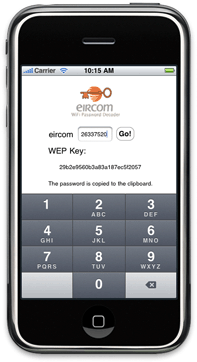GitHub.com Authentication Connecting to GitHub with SSH Generating a new SSH key and adding it to the ssh-agent Generating a new SSH key and adding it to the ssh-agent After you've checked for existing SSH keys, you can generate a new SSH key to use for authentication, then add it to the ssh-agent. I currently have an old SSH key uploaded on a server. The problem is I lost my /.ssh directory (with the original idrsa and idrsa.pub files). Consequently, I want to remove the old SSH key directly on the server and upload a new one. Jul 14, 2019 To generate a new SSH key pair, run the following command (replace youremail@example.com with your email address). GitLab and Bitbucket allow you to test whether SSH connection has been set up correctly before actually using it with Git. After you’ve added your SSH key to your GitHub account, open the terminal and run. A utility for deterministically generating ssh keypairs. PROOF OF CONCEPT ONLY. Each keypair is generated by hashing together a 'seed' or 'master key' (should be at least 32 bytes, randomly generated, and kept secret) and a unique 'handle' (using the same handle will result in the same keypair, but the handle does not need to be kept secret); the resulting. SSH Key generation, add Key to SSH Agent. GitHub Gist: instantly share code, notes, and snippets. SSH Key generation, add Key to SSH Agent. GitHub Gist: instantly share code, notes, and snippets. Clone via HTTPS Clone with Git or checkout with SVN using the repository’s web address. Learn more about clone URLs. Jul 25, 2019 Execute the following command: ssh-keygen -t rsa (when prompted, enter password, key name can stay the same) Open the file you’ve just created /.ssh/idrsa.pub with your favorite text editor, and copy contents to your Git repository’s keys field (GitHub, beanstalk, or any other repository provider), under your account.



